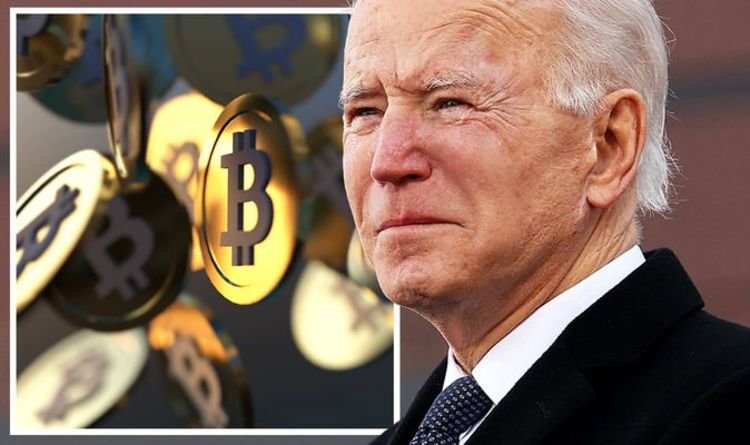As the digital age continues to evolve, cryptocurrencies have emerged as both a revolutionary financial instrument and a regulatory challenge. With Congress now poised to vote on crucial legislation that could significantly impact the crypto market, stakeholders across the board are keenly observing the potential outcomes and implications.
The Current Situation
The upcoming vote in Congress represents a pivotal moment for the cryptocurrency industry. Lawmakers are considering a comprehensive regulatory framework aimed at addressing the myriad challenges posed by digital assets. This includes concerns over market volatility, consumer protection, illicit activities, and the integration of cryptocurrencies into the broader financial system.
Recent debates have highlighted a divide between proponents of stringent regulation and advocates for a more laissez-faire approach. The proposed legislation seeks to strike a balance by introducing measures that ensure transparency and security without stifling innovation.
Key Points of the Proposed Legislation
- Market Oversight and Stability: The bill aims to introduce stricter oversight of crypto exchanges and trading platforms. This includes requirements for regular reporting, transparency in operations, and measures to prevent market manipulation.
- Consumer Protection: Enhanced consumer protection mechanisms are a cornerstone of the proposed regulations. These measures include mandatory disclosures about the risks associated with cryptocurrency investments and the establishment of a federal insurance scheme to protect investors against fraud and theft.
- Anti-Money Laundering (AML) and Know Your Customer (KYC) Regulations: To combat illegal activities such as money laundering and terrorist financing, the bill includes stringent AML and KYC requirements. Crypto businesses would be required to verify the identity of their customers and report suspicious transactions.
- Tax Reporting: The legislation seeks to clarify tax reporting requirements for cryptocurrency transactions. This includes mandating the reporting of gains and losses and ensuring compliance with existing tax laws.
- Integration with Traditional Financial Systems: The bill outlines a framework for integrating cryptocurrencies with traditional financial institutions. This includes guidelines for banks and other financial entities on how to handle digital assets and interact with crypto businesses.
Potential Outcomes
The impact of this legislation on the cryptocurrency market could be profound. If passed, it could lead to increased investor confidence and greater institutional adoption of digital assets. However, there are also concerns that overly restrictive regulations could stifle innovation and push crypto activities underground.
- Market Volatility: The announcement of the vote has already caused significant fluctuations in the prices of major cryptocurrencies like Bitcoin, Ethereum, and XRP. Depending on the outcome, these assets could see further volatility.
- Investor Sentiment: Clear and fair regulations could enhance investor confidence, leading to increased market participation. Conversely, harsh regulations might deter investment and slow down the growth of the crypto market.
- Innovation and Growth: Well-balanced regulations could foster innovation by providing a clear legal framework for crypto businesses. However, excessive regulatory burdens might discourage startups and limit the sector’s growth potential.
- Global Impact: The U.S. is a major player in the global financial system, and its approach to cryptocurrency regulation could influence other countries. A well-regulated U.S. market could set a precedent for global standards, promoting international cooperation in regulating digital assets.
Conclusion
The upcoming vote in Congress represents a critical juncture for the cryptocurrency industry. The proposed legislation seeks to address key issues such as market stability, consumer protection, and the prevention of illicit activities. The outcome of this vote will likely have far-reaching implications for the future of digital assets.
Stakeholders are hopeful that Congress will get it right by implementing regulations that protect investors and the financial system while allowing the crypto industry to thrive. As we await the decision, one thing is clear: the path to effective cryptocurrency regulation is complex and requires a nuanced approach that balances innovation with security.



Get involved!
Comments